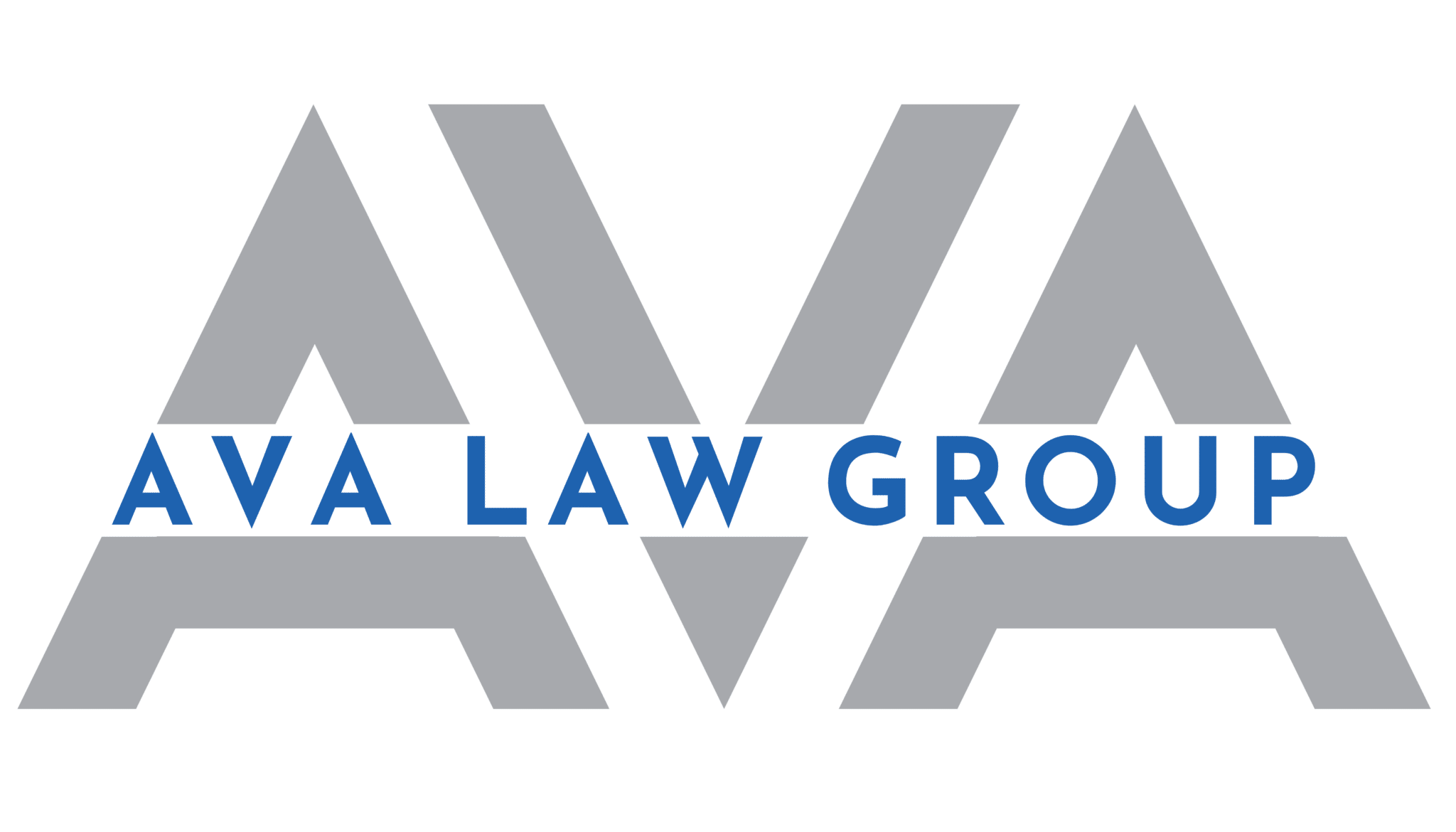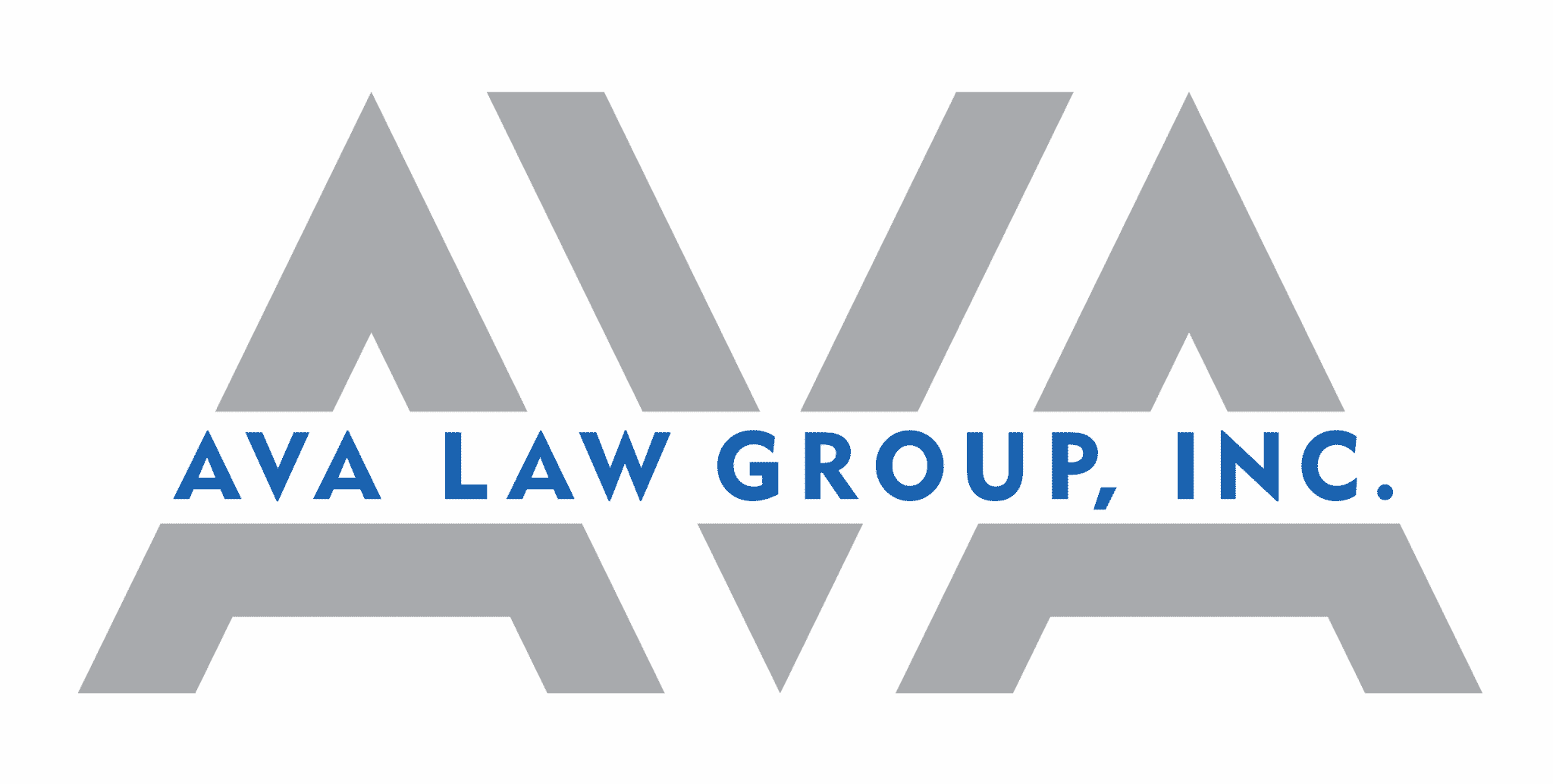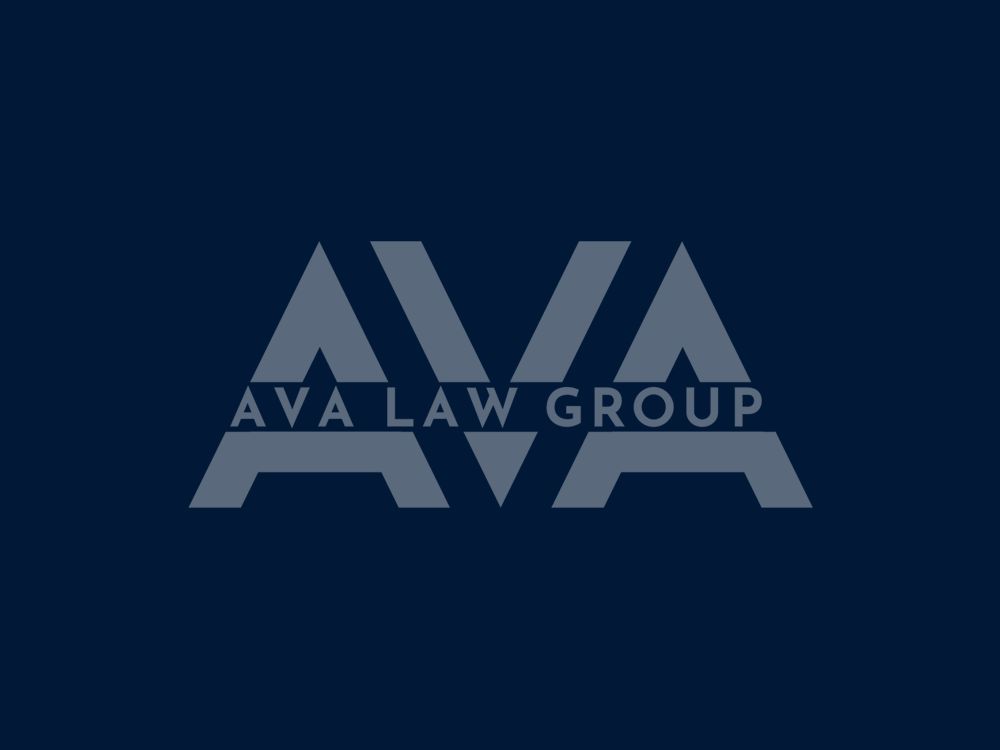Under oath to Congress, two teens revealed a JUUL representative came into their high school classroom and called JUUL e-cigarettes “totally safe”. These claims came up July 25 during the first of two hearings presented by the House Oversight Subcommittee on Economic and Consumer Policy to investigate JUUL’s involvement in lending to the nicotine addiction epidemic in US youth.
JUUL Labs, manufacturers and sellers of JUUL e-cigarettes and pods, face backlash for allegedly marketing their products to minors and downplaying the severe risk of addiction and injuries from vaping JUUL e-cigarettes. The testimonies of high school students Caleb Mintz and Philip Fuhrman added to the overwhelming allegations amid presentations by anti-tobacco advocates and Congress members.
Arman Azad for CNN reported that at Mintz and Fuhrman’s high school a JUUL representative presented during a “mental health and addiction presentation”, where teachers were asked to leave the room. The teens stated the JUUL representative called JUUL e-cigarettes “totally safe” while also saying they did not want teens as customers. 17-year-old Mintz asserted the rep’s comments played to the rebellious side of teens, but also made those in the room already vaping feel relieved thinking they could vape without concern of addiction or health risks.
Even more disturbing details were revealed when 16-year-old Fuhrman stated Mintz asked the JUUL rep what to do if a friend---meaning Furhman---was currently addicted to nicotine. Furhman was addicted to vaping JUUL e-cigarettes at the time of the incident in April 2018. The rep did not know Mintz was referring to Furhman with his question and assumed they were referring to the nicotine in traditional cigarettes.
Allegedly, the rep told Mintz to recommend JUUL to his friend, claiming it was a safer alternative to cigarettes and better to use. The rep reportedly proceeded to show the two boys a JUUL e-cigarette device, commented that the FDA would soon be stating that JUUL was 99% safer to use than cigarettes, and said JUUL was in the process of FDA approval during that time. The FDA did not approve JUUL as a smoking cessation device in the year since the incident and even has released campaigns warning youth about the dangers of using vaping devices like JUUL e-cigarettes.
In a statement, JUUL reported that presentations like these were part of a “short-lived Education and Youth Preventative Program which ended in September 2018 after its purpose – to educate youth on the dangers of nicotine addiction – was clearly misconstrued.” However, experts claim JUUL contributed to the overwhelming vapid epidemic among youth in the US through marketing that specifically targeted teens and dangerously addictive nicotine levels.
In response to the epidemic, the FDA recently launched a new anti-vaping TV ad campaign to educate teens about the risks of vaping and continues to release new research about the dangers of youth vaping. US cities are also fighting to tackle the epidemic, as recently San Francisco banned the sales of e-cigarettes until they receive FDA approval, becoming the first major U.S. city to do so. San Francisco sets precedence for other California and U.S. cities to tackle the vaping epidemic and protect adolescents from products as dangerously addictive and aggressively marketed as JUUL e-cigarettes.
JUUL E-Cigarette Lawsuits
With the health of youth across the US on the line, deceptive marketing should never be left unchecked. JUUL users across the nation are claiming JUUL Labs knowingly downplayed the risks of vaping JUULs, aiding in youth becoming addicted to the dangerously high level of nicotine in JUUL products. If you used JUUL e-cigarettes and developed severe nicotine addictions and injuries, you may be entitled to financial compensation. Contact AVA Law today for your free case evaluation.
Sources
Azad, Arman. "Juul Told Ninth Graders Vaping Is 'totally Safe,' Teens Testify." CNN. July 25, 2019.


